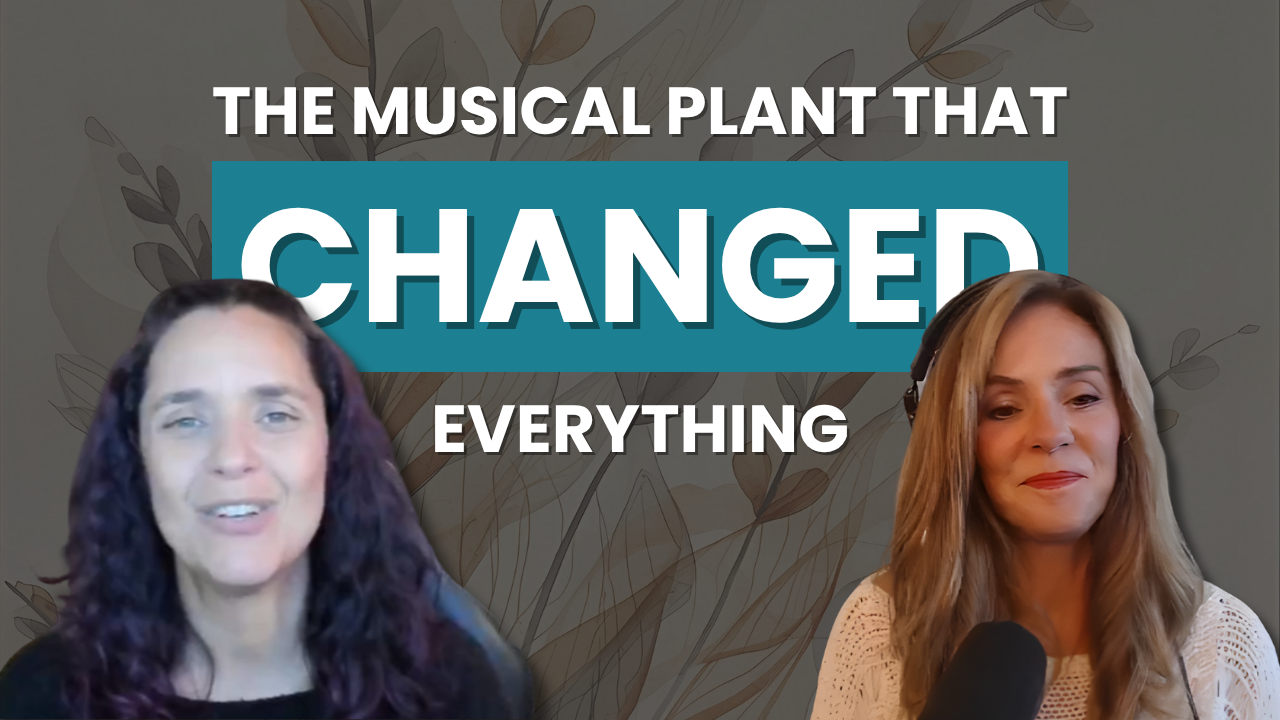Relearning Ourselves Through Nature
Oct 16, 2025
We talk about “getting back to nature” as if it’s a weekend field trip. In reality, we are nature—biologically, psychologically, and energetically. When we forget that, stress spikes, self-judgment gets loud, and we start treating our inner world like a problem to fix instead of an ecosystem to tend. Plants offer a corrective. They don’t run from discomfort; rooted in place, they adapt, share resources, and transform what shows up into something useful for the whole. The same mindset works for us: rather than deleting traits we don’t like, we can repurpose them—adjusting the dose, duration, and direction until those traits serve our growth.
This shift starts with sensing, not striving. Most of us over-rely on sight and intellect; nature invites the rest of our nervous system back online—breath, scent, temperature, texture, and the subtle “hum” of a place. When we slow down enough to notice, our cortisol drops, our attention widens, and solutions feel less like force and more like alignment. From there, “ecosystem thinking” becomes practical: map the relationships in your life (habits, roles, people), strengthen mutualisms, prune what’s parasitic, and compost what’s complete. The result is less self-critique and more coherent action.
Try This (3 Practical Steps)
Step 1: Shared-breath reset (2 minutes)
Sit with a plant, a tree, or a patch of grass. Eyes closed. Inhale slowly (receive), exhale steadily (give). Ten cycles. Let the nervous system downshift before you decide anything important.
Step 2: Non-visual noticing
Keep your eyes closed for one full minute outdoors. Track scent, temperature on skin, breeze, ground pressure under your feet. Open your eyes after your other senses have spoken; notice what changed.
Reframe one “flaw”
Choose a self-judged trait (e.g., “I’m too critical”). On paper:
Constructive use?
Destructive use?
Step 3: Two 20-minute green-time sessions
There are innumerable benefits from being in nature.
Try to schedule two 20-minute green-time sessions this week—no phone. Before/after, rate stress 1–10. Track for two weeks; keep what measurably helps.
If you’d like to go deeper into plant-informed living, I recently explored these ideas in a rich conversation on my podcast with Tigrilla Gardenia—a nature mentor whose work bridges plant science and spirituality.
You can find the episode here:
🔔 Watch on Youtube: Click here
🎙️Listen to the Audio: Click here

